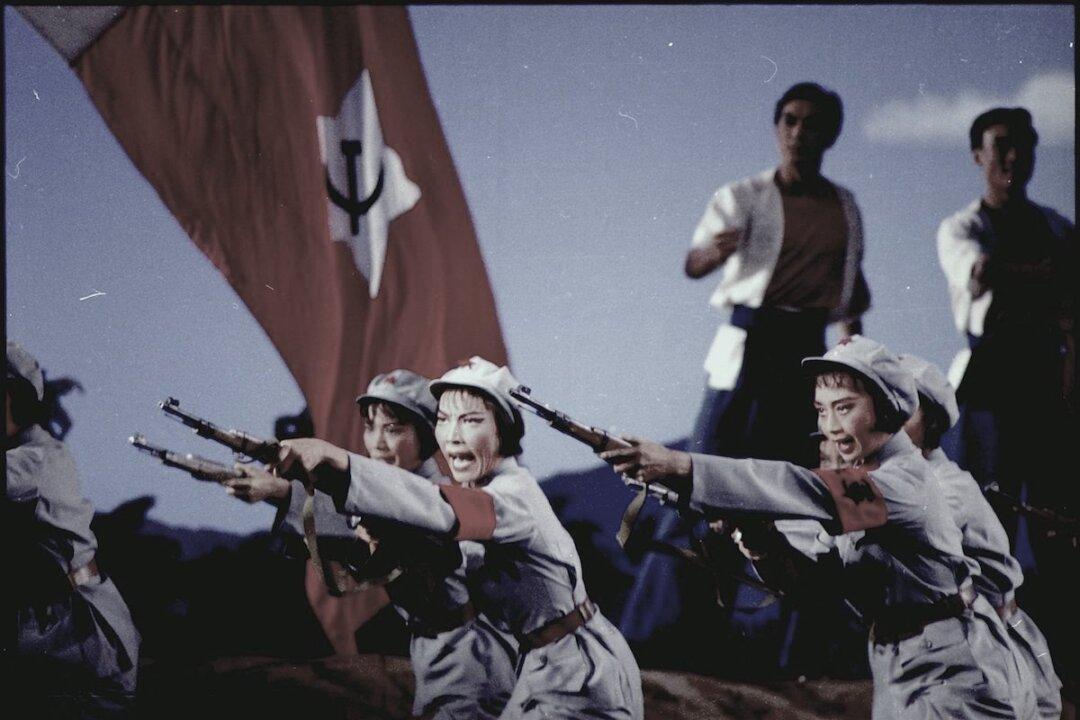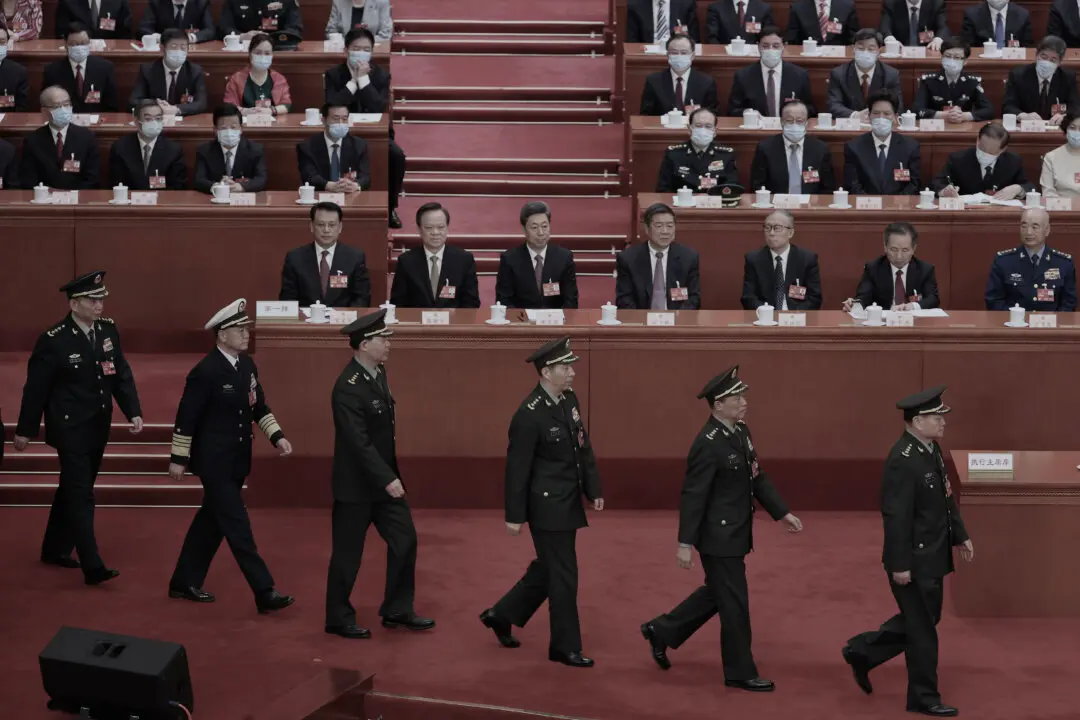The Chinese Communist Party (CCP) is highlighting “red” shows in a series of celebrations for its 100-year anniversary this year. Critics say the CCP is attempting to use the shows to invoke its violent communist revolutionary past to stoke an anti-American and anti-West sentiment among the Chinese populace.
At a March 23 press conference, Hu Heping, deputy minister of the CCP’s Central Propaganda Department and Minister of Culture and Tourism, said in its centenary celebration, the CCP is focused on revisiting the “red classics.” The regime will put a number of red classics on stage this year, such as the opera “The White-Haired Girl,” the ballet “The Red Detachment of Women” and the symphonic chorus “The Song of the Long March.”




